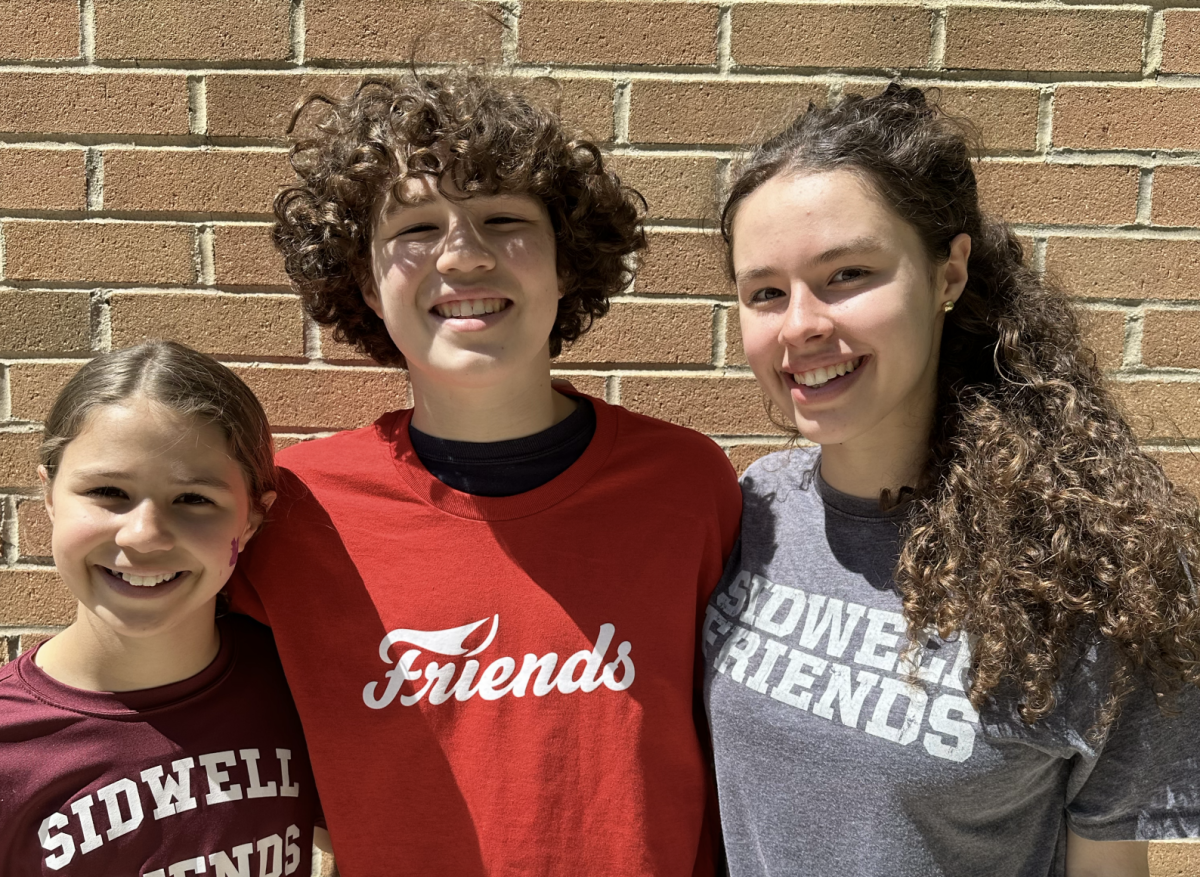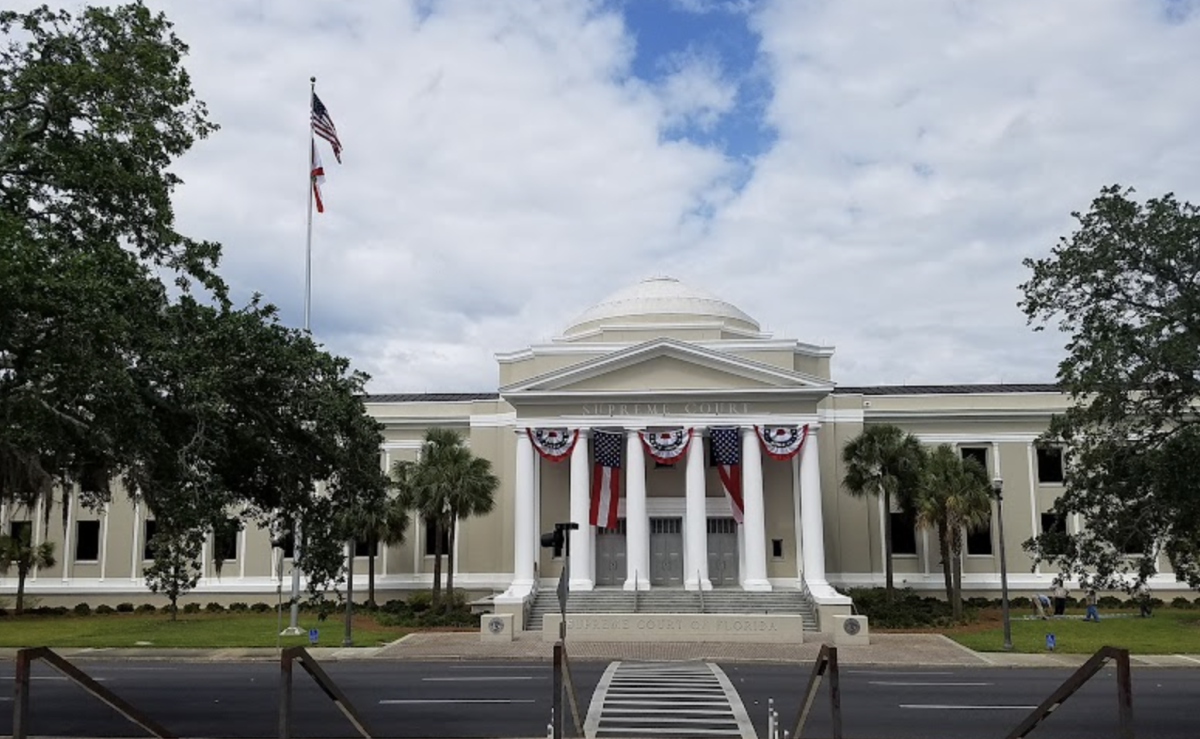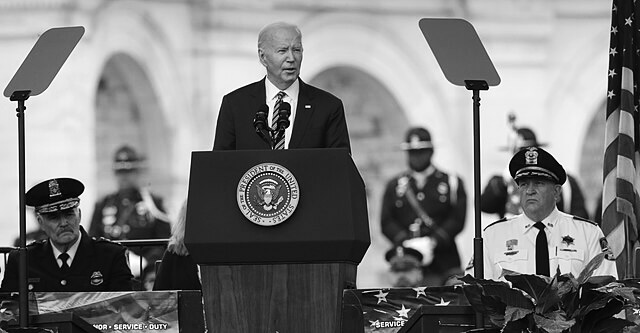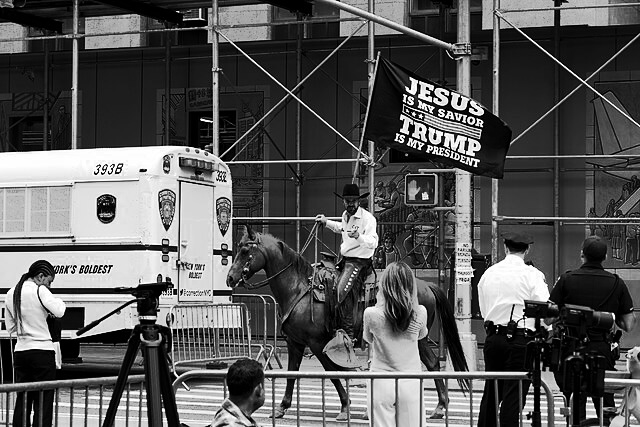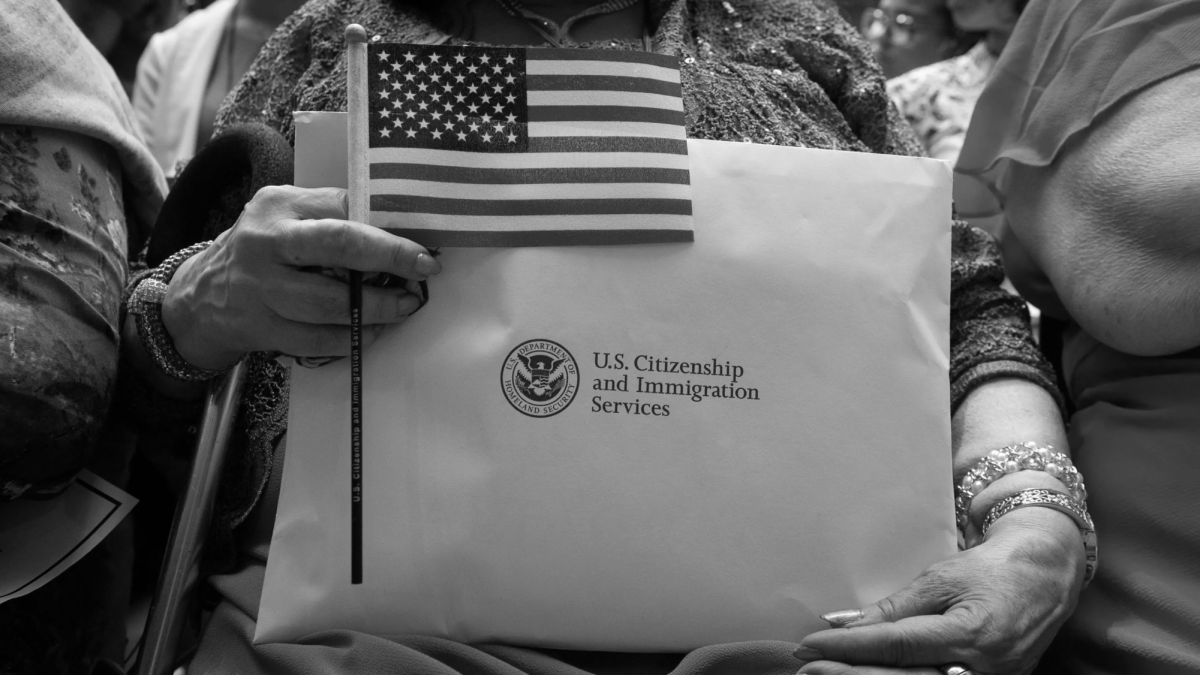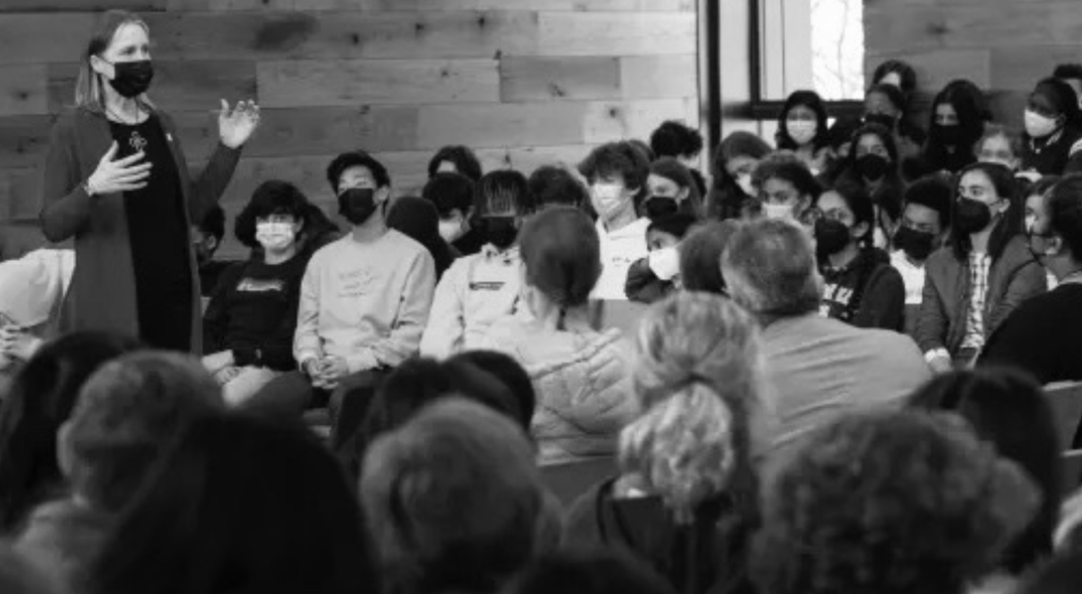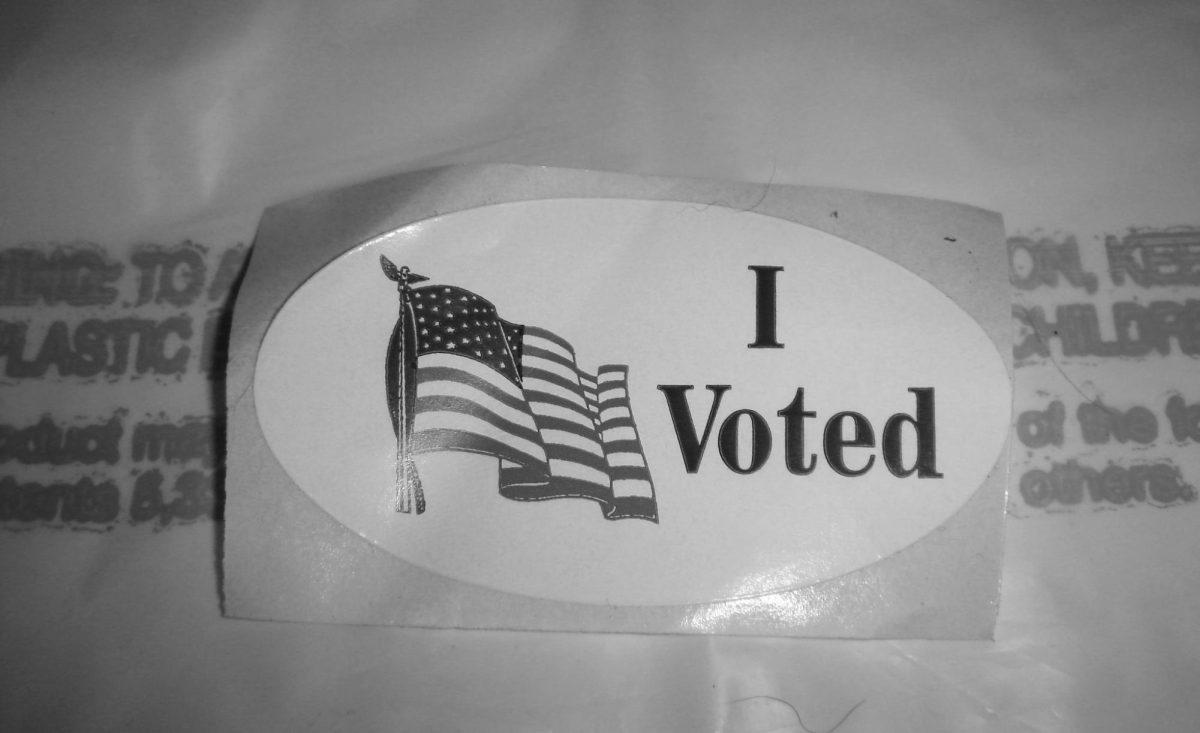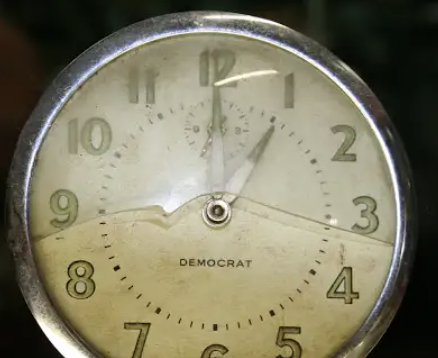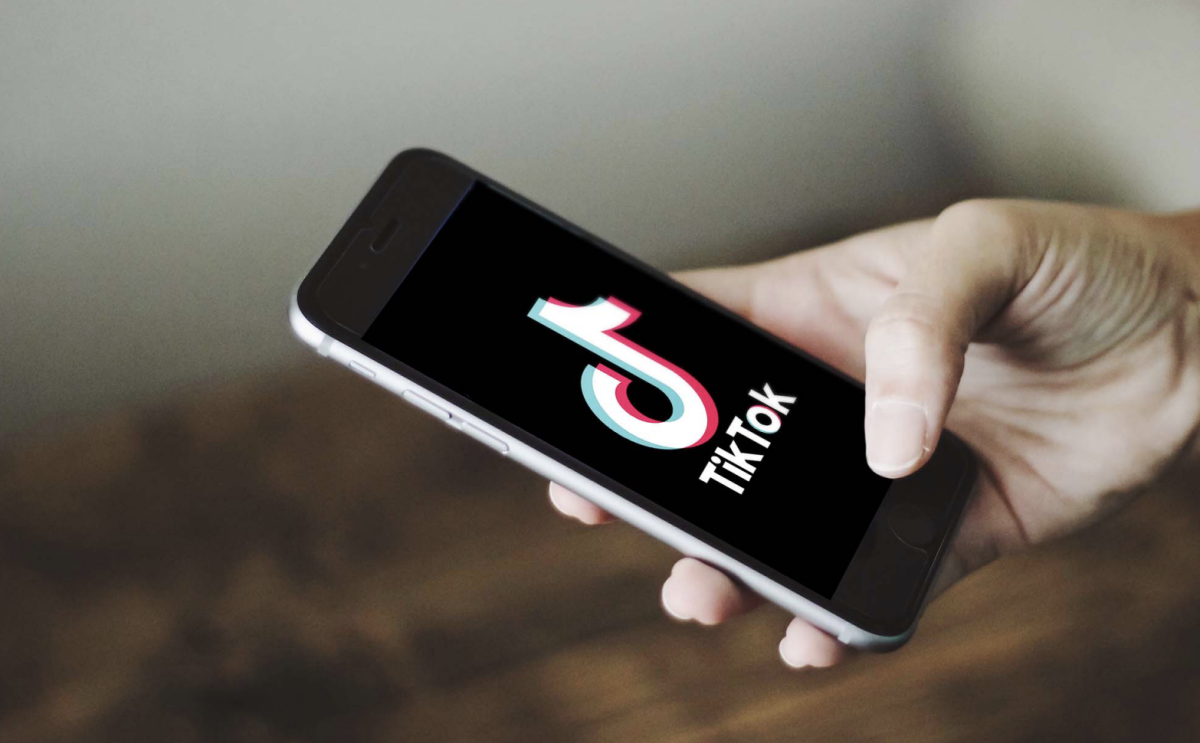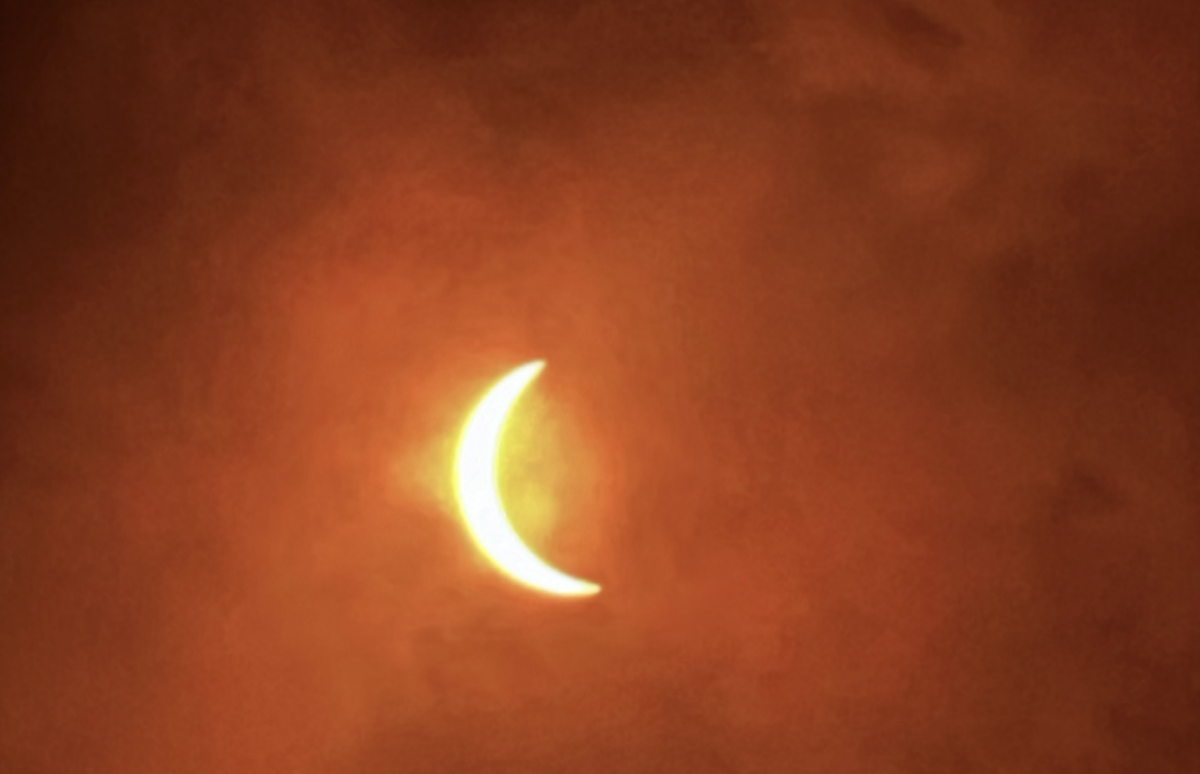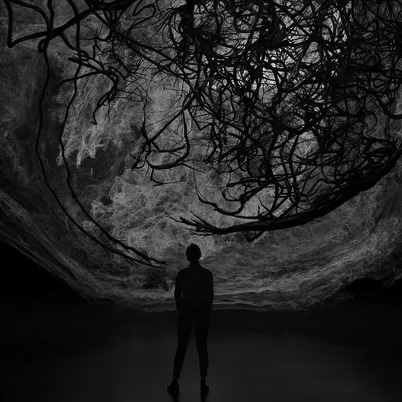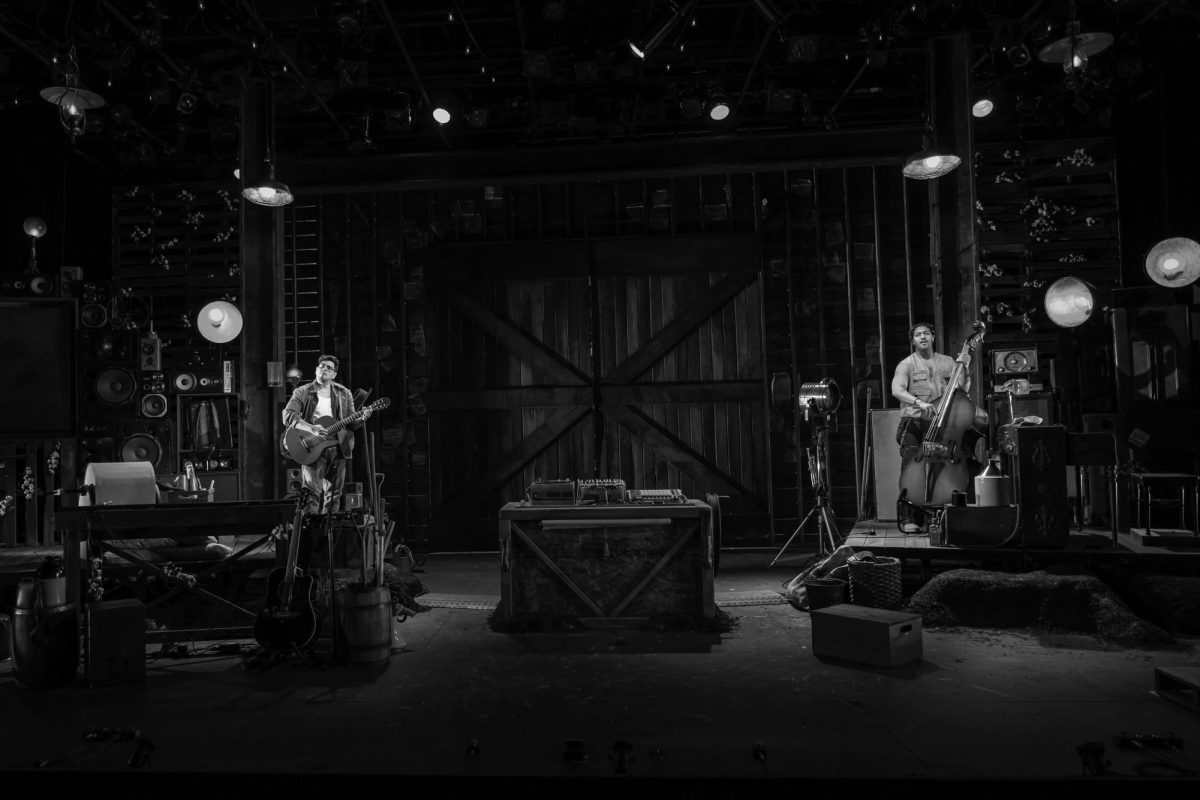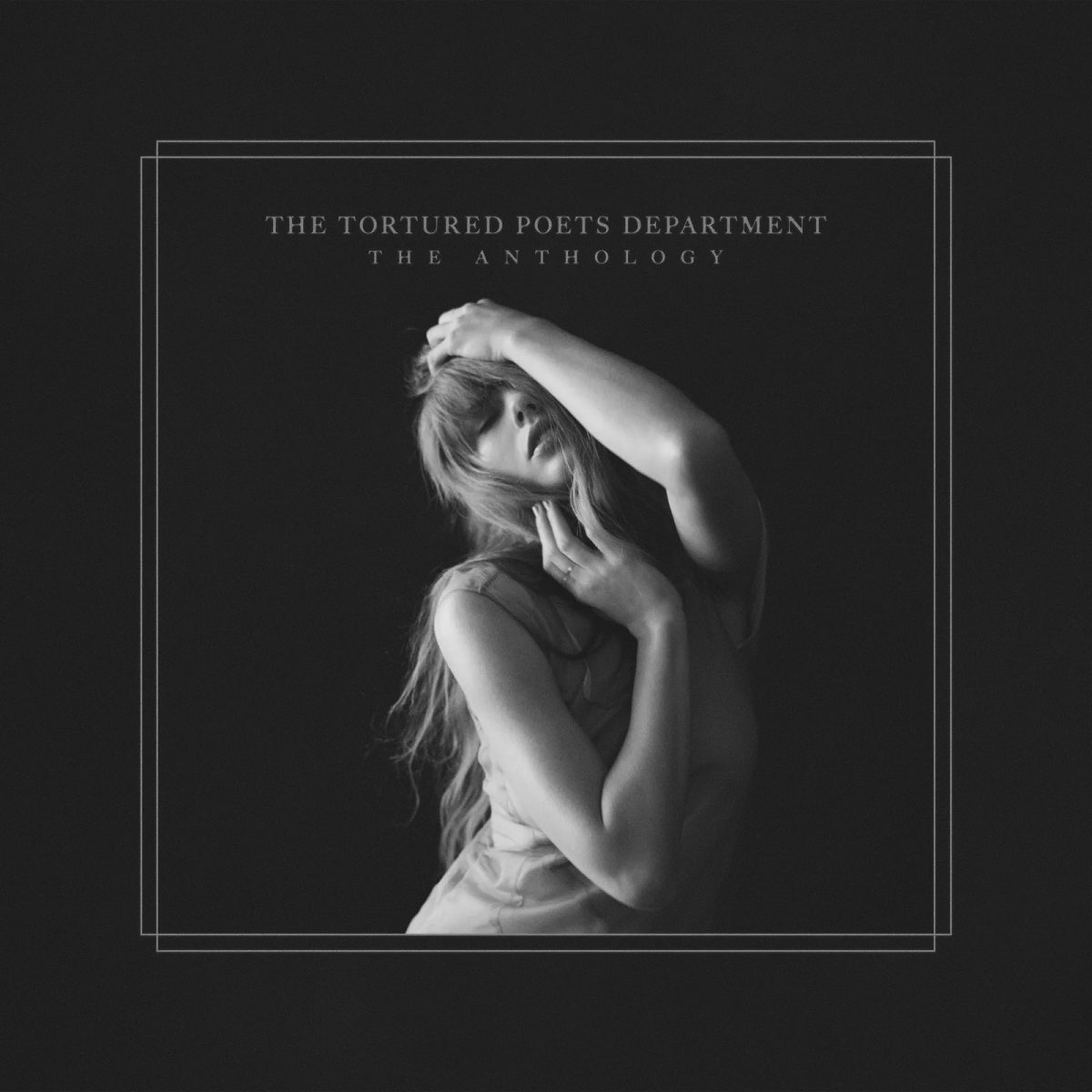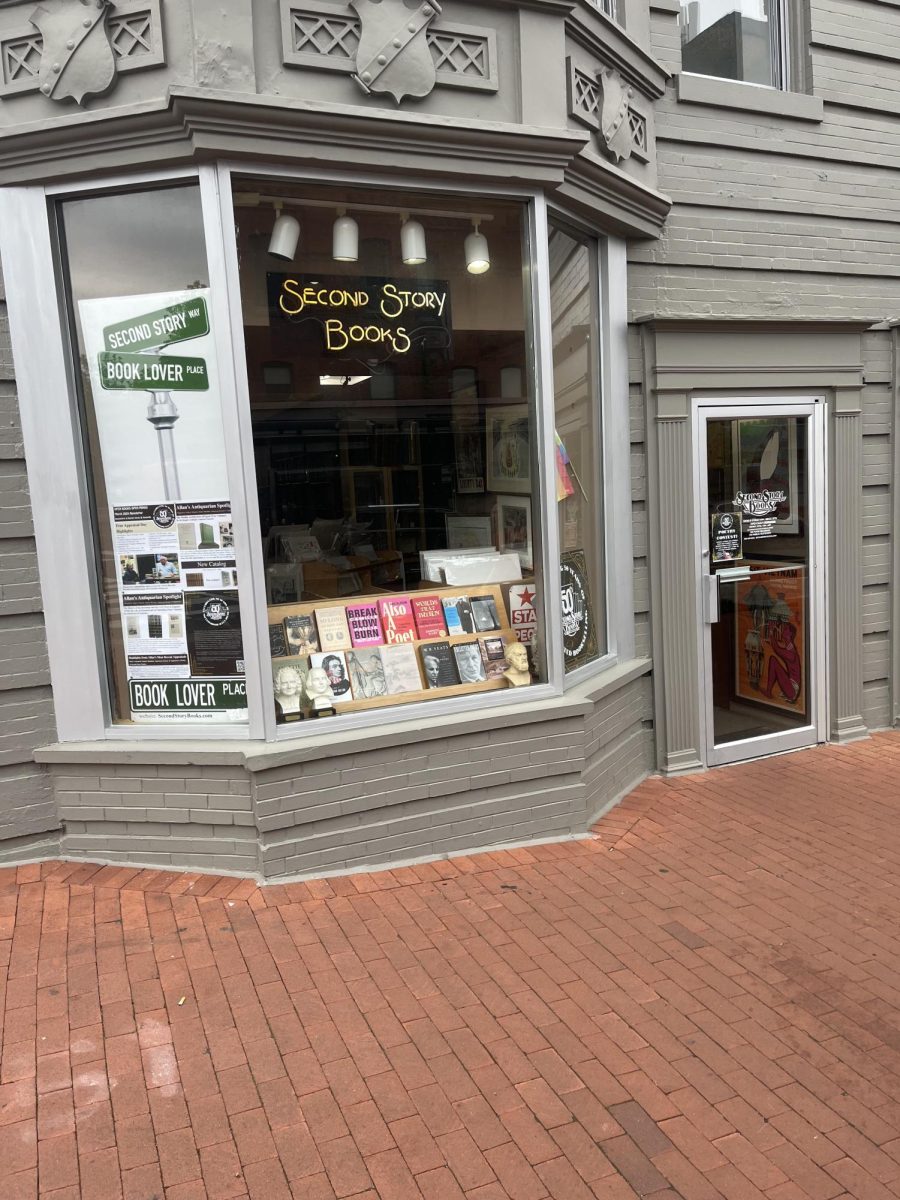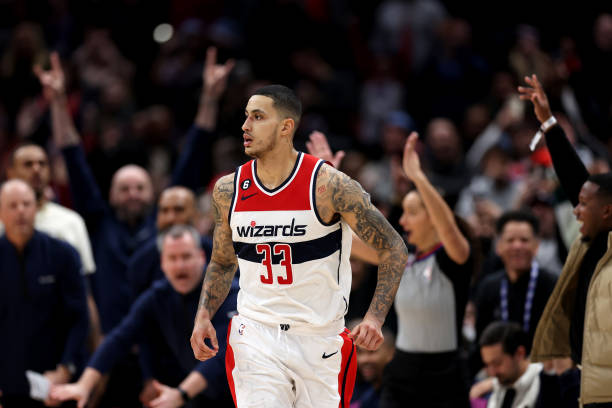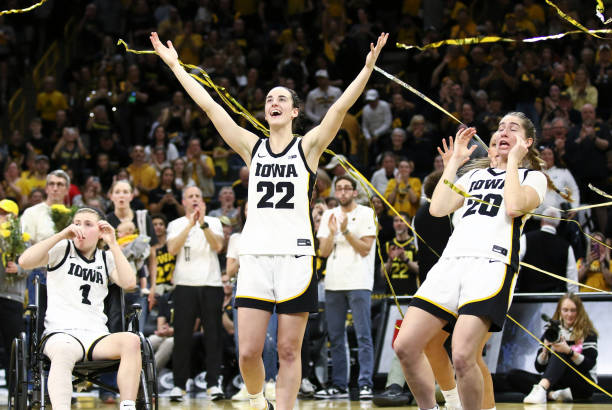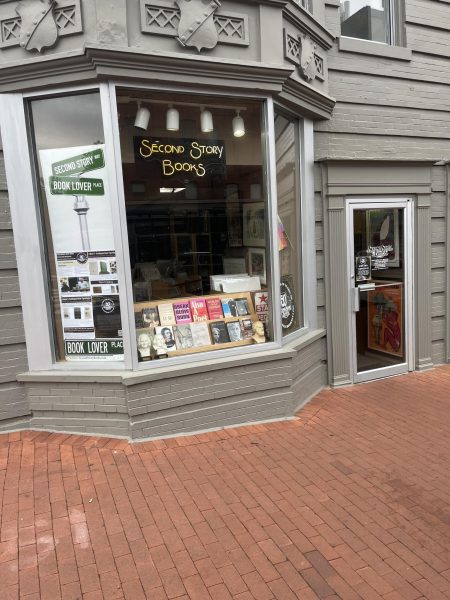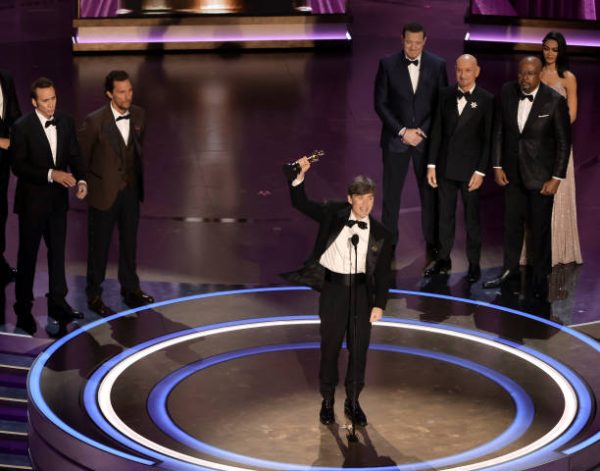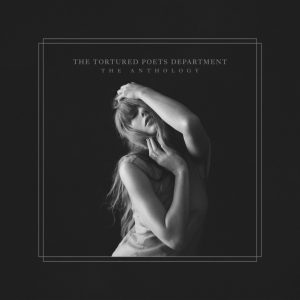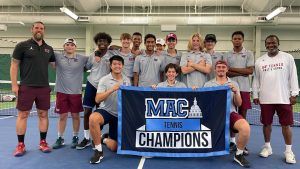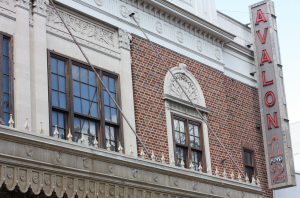Ticketmaster “Eras Tour” Presale Inspires Bipartisan Hearing and Reforms
“Karma’s a relaxing thought / Aren’t you envious that for you it’s not?” “A nightmare dressed like a daydream.” Are these Taylor Swift lyrics or quotes from United States senators? As a Jan. 24 Senate Judiciary Committee hearing revealed, the answer is both.
The hearing took place roughly two months after the infamous “Eras Tour” presale, where millions of Taylor Swift fans were unable to secure tickets to the singer’s upcoming concerts. The Senate sought to investigate the alleged monopoly held by Ticketmaster and Live Nation Entertainment over the live entertainment industry.
In 2019, the Justice Department found that Live Nation had repeatedly violated agreements that prevented them from threatening venues if they did not comply with demands. This was a clear breach of the terms that Live Nation and Ticketmaster agreed upon during their merger. The two companies, which merged in 2010, reported a combined revenue of $6.2 billion for the last quarter of 2022, according to Live Nation’s website.
This partnership combined two already powerful forces in the music industry, giving them virtually unchecked leverage over venues and artists alike. Though claims of a possible Ticketmaster monopoly had been circulating ever since the merger, the chaos that ensued during the “Eras Tour” presale prompted a closer look.
While Swift herself was not present at the hearing, she released a statement on her Instagram story: “I’m not going to make excuses for anyone because we asked them, multiple times, if they could handle this kind of demand and we were assured they could. It’s truly amazing that 2.4 million people got tickets, but it really pisses me off that a lot of them feel like they went through several bear attacks to get them.”
Few fans who received presale codes were able to purchase tickets, demonstrating a failure of the system regardless of the monopoly.
At Sidwell and across the country, many people experienced similar issues: long queues, site crashes and tickets that were not actually for sale appearing on the website.
“It was really upsetting because I was in the presale queue for over five hours,” freshman Lindsay Neal said. “Once I finally was able to see tickets, they would be sold as soon as I clicked on them,” she added.
Joe Berchtold, president of Live Nation Entertainment, testified for the company at the hearing. He claimed that the causes of the site issues were ticket scalpers’ bots, who tried to buy large volumes of tickets and later sell them for profit, and overwhelming site traffic, denying much of the blame for the company’s unprepared technology.
During the hearing, some senators even called for the separation of the two entertainment industry giants, citing concerns about a lack of competition.
“This is how monopolies work … you leverage market power in one market to get market power in another market, and it looks like you’re doing that in, frankly, multiple markets,” Sen. Josh Hawley said, criticizing Ticketmaster’s hold on the market.
While the Senate hearing’s purpose was to investigate a potential monopoly, it shed light on adjacent issues, such as industry-wide fees. A U.S. Government Accountability Office found that service fees on live entertainment tickets averaged upwards of 20% of the ticket’s value and that additional fees could bring this figure up to 50%. Roughly a week after the hearing, President Joe Biden called for new limits. A statement by the White House called for Congress to “prohibit excessive fees, require the fees to be disclosed in the ticket price, and mandate disclosure of any ticket holdbacks that diminish available supply.” As of now, consumers are forced to pay exorbitant concert fees, as oftentimes the only place they can buy tickets is Ticketmaster.
This nearly three-hour-long hearing was a bipartisan effort, proving to be one of the few current issues that members on both sides of the aisle could agree upon.
Sen. Richard Blumenthal ended the hearing with a scathing remark: “I want to congratulate and thank you for an absolutely stunning achievement. You have brought together Republicans and Democrats in an absolutely unified cause.”
Your donation will support the student journalists of Sidwell Friends School. Your contribution will allow us to purchase equipment and cover our annual website hosting costs.

Stella Stone is currently a Features Editor and Social Media Manager for Horizon, a position she held in the 2023-2024 and 2024-2025 school years. Prior...





